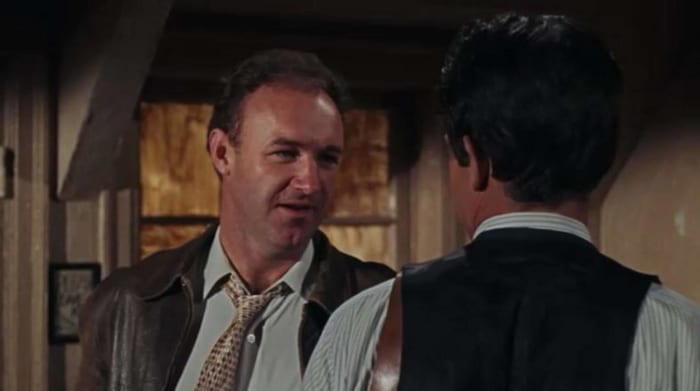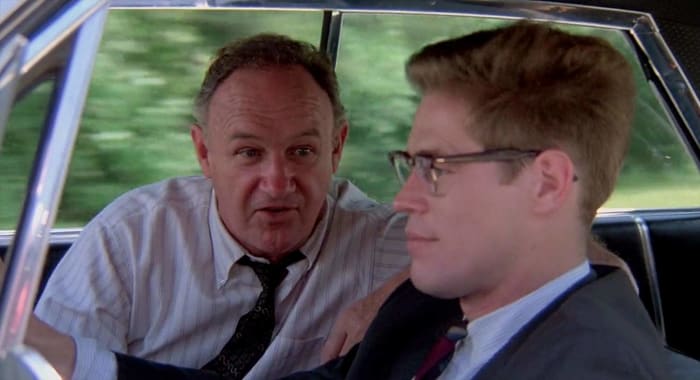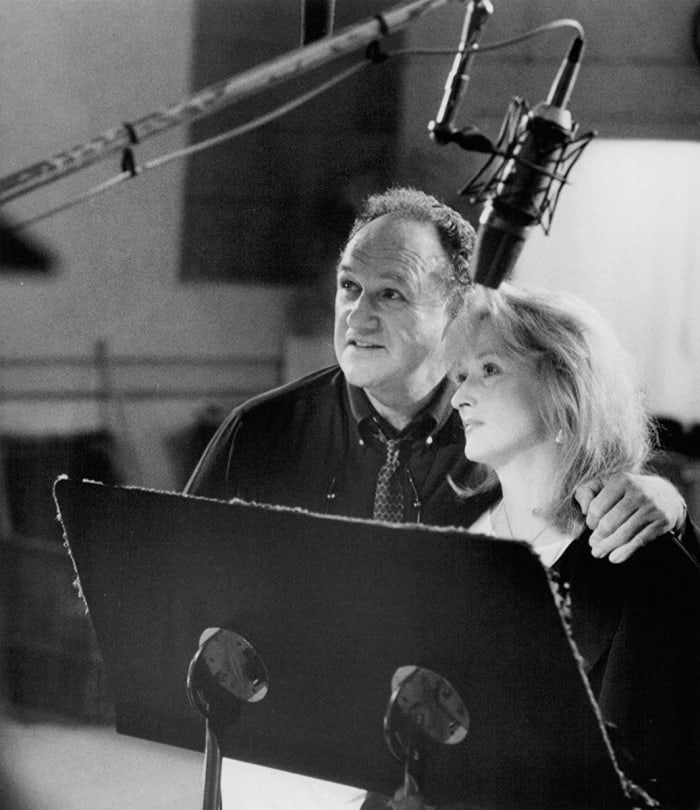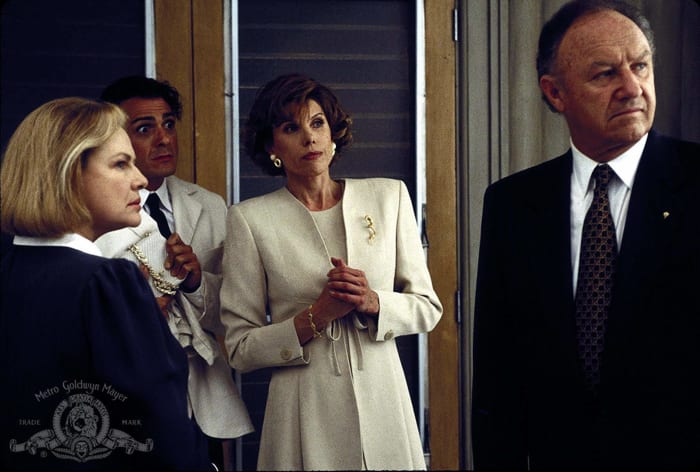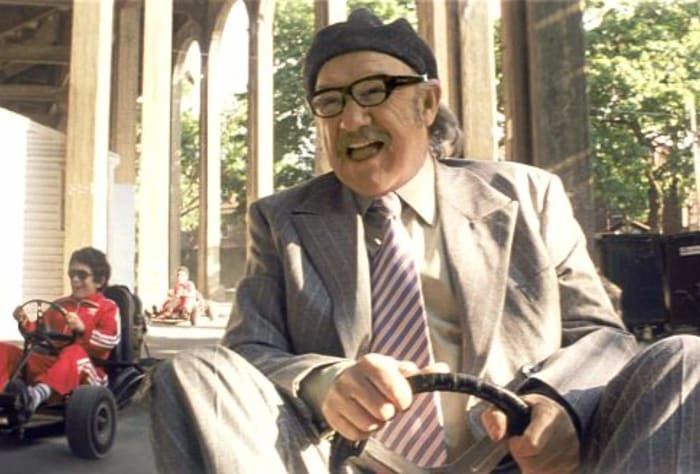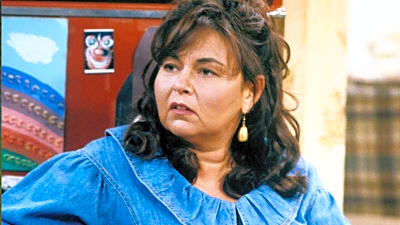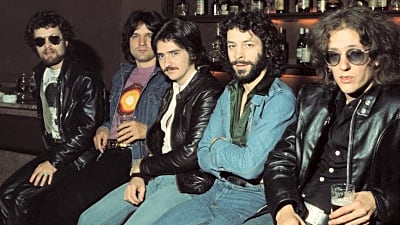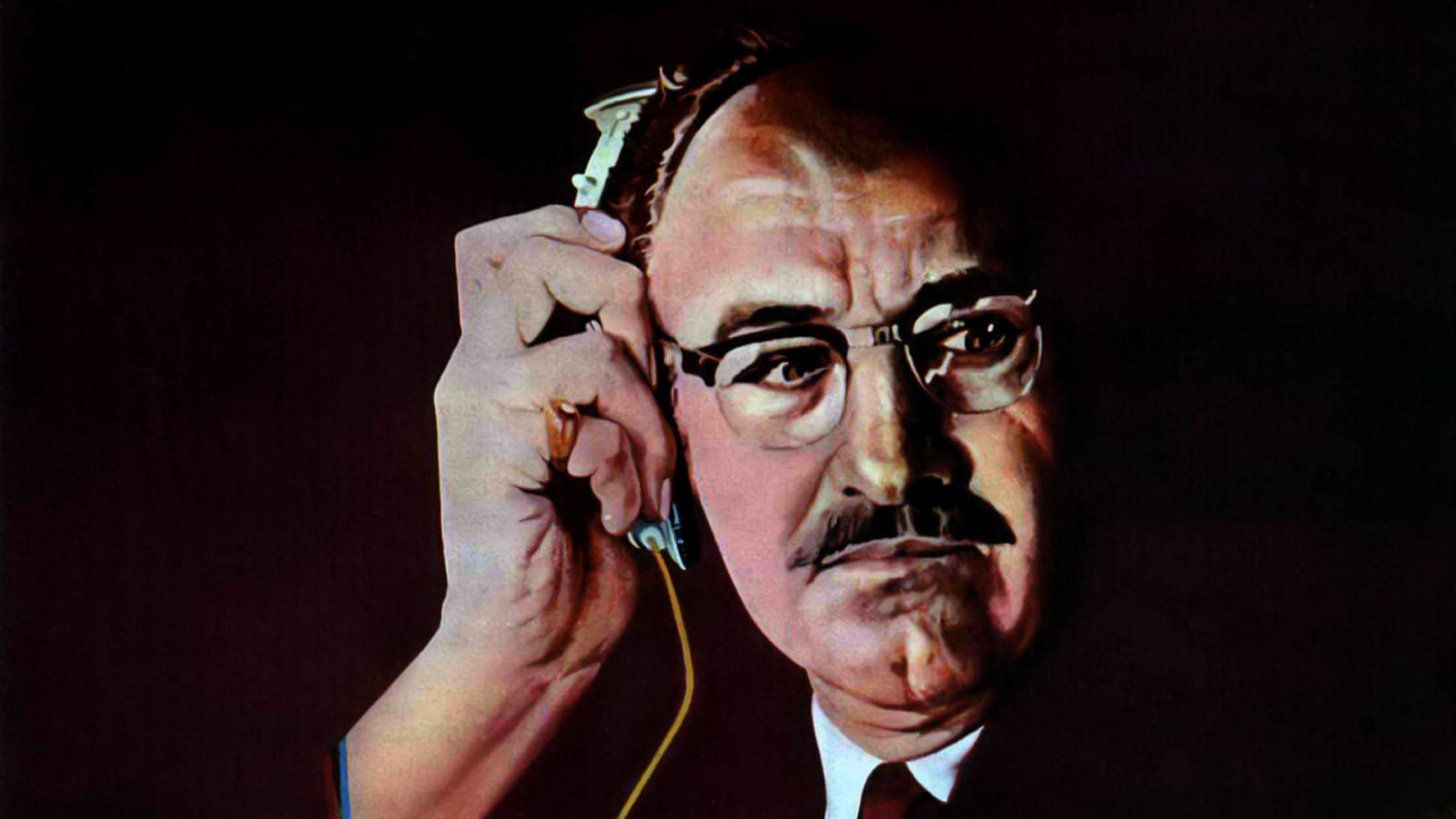
The 25 greatest Gene Hackman performances
“Welcome to Mooseport.” That’s currently the answer to the trivia question, “What was Gene Hackman’s last movie?" and a legion of cinephiles wishes it weren't. It's not a terrible movie, but it's just not worthy of Hackman. It's slight, which is something Hackman never was, not even in a throwaway programmer like "Loose Cannons". Hackman was a formidable presence from his big-screen debut ("Lilith") onward. He was a tall, sturdy actor who radiated integrity whenever he stepped in front of a camera. He could play a loser, but he gave that hapless character a palpable sense of authority. Gene Hackman wasn't a method actor. Gene Hackman simply showed up. And on the occasion of his ninetieth birthday, the least we can do is celebrate the retired actor's brilliant career.
More must-reads:
Customize Your Newsletter
 +
+
Get the latest news and rumors, customized to your favorite sports and teams. Emailed daily. Always free!
